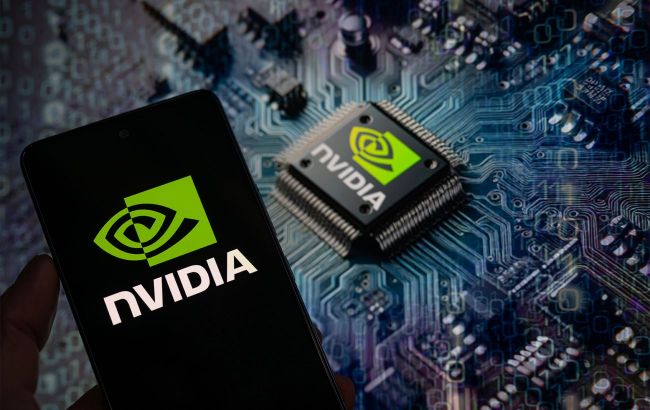US secretly embeds trackers in AI chips to trace China-bound shipments
 US tracks AI chip shipments to China (photo: Getty Images)
US tracks AI chip shipments to China (photo: Getty Images)
US authorities are secretly embedding tracking devices in shipments of artificial intelligence chips to detect their illegal diversion to China, Reuters reports.
According to two anonymous individuals directly familiar with a previously undisclosed law enforcement tactic, US authorities have secretly placed location-tracking devices in targeted batches of advanced chips they believe are at high risk of being illegally redirected to China.
These measures are aimed at identifying artificial intelligence chips being diverted to destinations subject to US export restrictions and are applied only to specific shipments under investigation.
These actions demonstrate how far the US has gone to enforce export controls on semiconductors to China, even as the Trump administration sought to ease some restrictions on China's access to advanced American chips.
According to the individuals, who declined to be named, the trackers could help build cases against individuals and companies profiting from violations of US export controls.
In general, location trackers are a longstanding investigative tool used by US law enforcement to monitor goods subject to export restrictions, such as aircraft parts. According to one source, they have been used in recent years to combat the illicit flow of semiconductors.
Meanwhile, five other individuals actively involved in the artificial intelligence server supply chain said they were aware of the use of trackers in server shipments from manufacturers such as Dell and Super Micro, which include chips from Nvidia and AMD.
The sources also noted that the trackers are typically hidden in the packaging of the servers. They did not know which parties were responsible for installing the devices or where along the delivery route they were placed.
According to the sources, the US Department of Commerce's Bureau of Industry and Security, which oversees export control and enforcement, is typically involved, along with potential involvement from Homeland Security Investigations and the Federal Bureau of Investigation.
Trump deal
Notably, Nvidia and AMD recently reached an unusual agreement with President Donald Trump's administration, agreeing to give the US government 15% of the revenue from sales of certain chips in China.
This became a condition for obtaining export licenses for the Chinese market.
Donald Trump had removed tariffs on smartphones and computers, and the White House leader strongly believes that iPhone production can be relocated to the United States.
China is demanding the US ease export restrictions on high-bandwidth memory (HBM) chips, which are a key component in the development of artificial intelligence chips.

